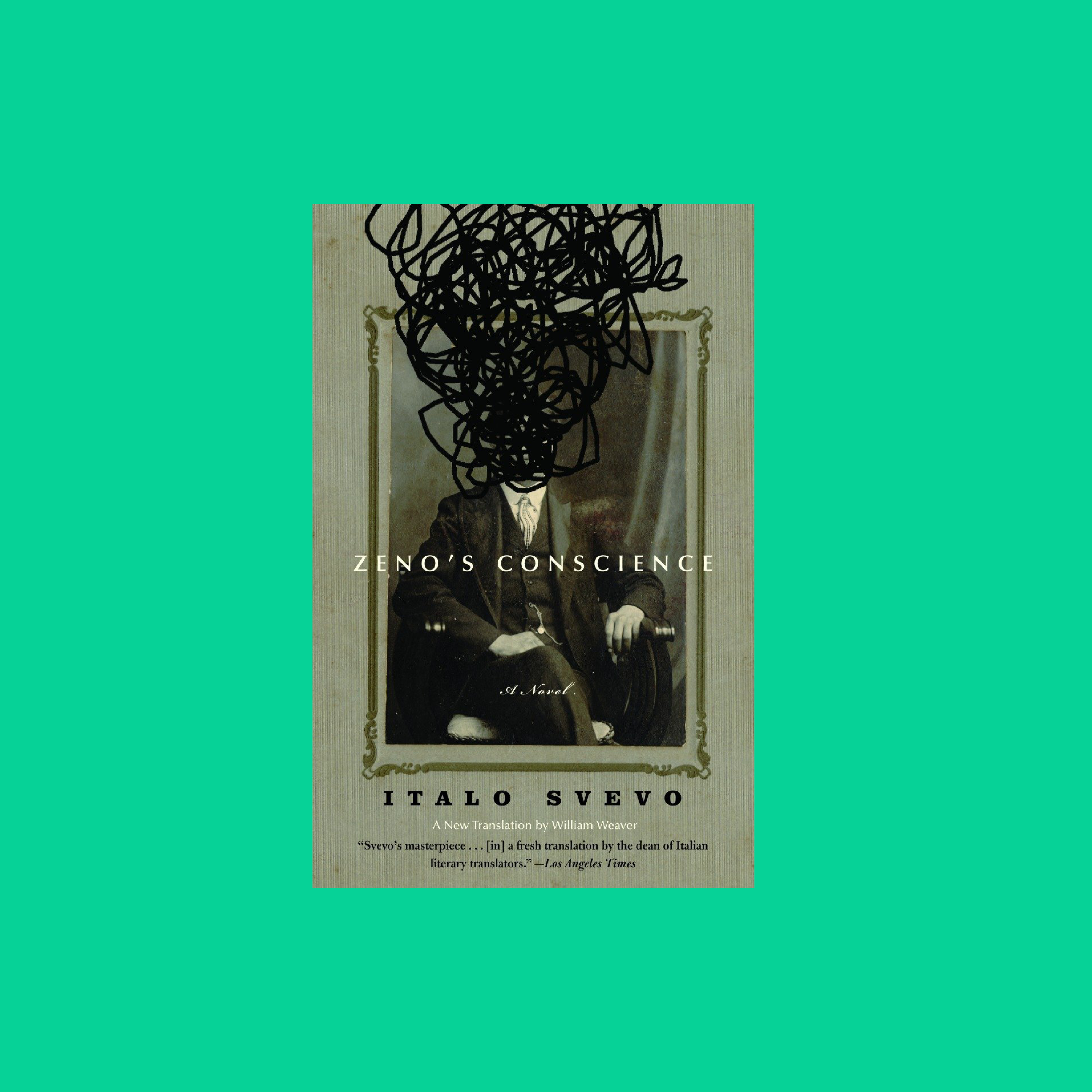APS TOGETHER
Day 20
Zeno’s Conscience by Italo Svevop. 394—p. 418 (“…I must throw away these playthings.”)
October 2, 2022 by Claire Messud
When Ada puts forward her (highly plausible) understanding of events—that Zeno never loved Guido, indeed hated him; and that she herself, in envying Zeno and Augusta’s marriage, also failed to love her husband—Zeno initially cannot accept it. But hearing her creates in him uncertainty: “I saw that her words had created a new world, like all words that are not true.”
Elias Canetti writes in his memoirs of early 20th-century Vienna, of Freud’s Oedipus complex, “the Oedipus complex had turned into a hackneyed prattle that no one failed to drone out”; and indeed, Zeno seems to feel the same way: in his diary entries of 1915, rejecting Dr. S, he scoffs that his “sickness” has been diagnosed as an Oedipus complex: “The best proof that I never had that sickness is supplied by the fact that I am not cured of it!”
When he was a “believer” in psychoanalysis, Zeno marveled at the vividness of the childhood memories he was able to retrieve; but now, “I believe no longer,” and he considers the visions invented. Contemporary neuroscientists might offer interesting commentary on these passages…
When Zeno, frustrated with psychoanalysis, returns to Dr. Paoli, who analyzes his urine “in my presence,” he delights: “Here, finally, was a real analysis and not a psychoanalysis… Here… all was truth.” The body, he believes, does not lie; and yet we know that his physical and psychic pains have always been linked! Indeed, Zeno briefly suffers an imaginary diabetes, while waiting for his test results…
